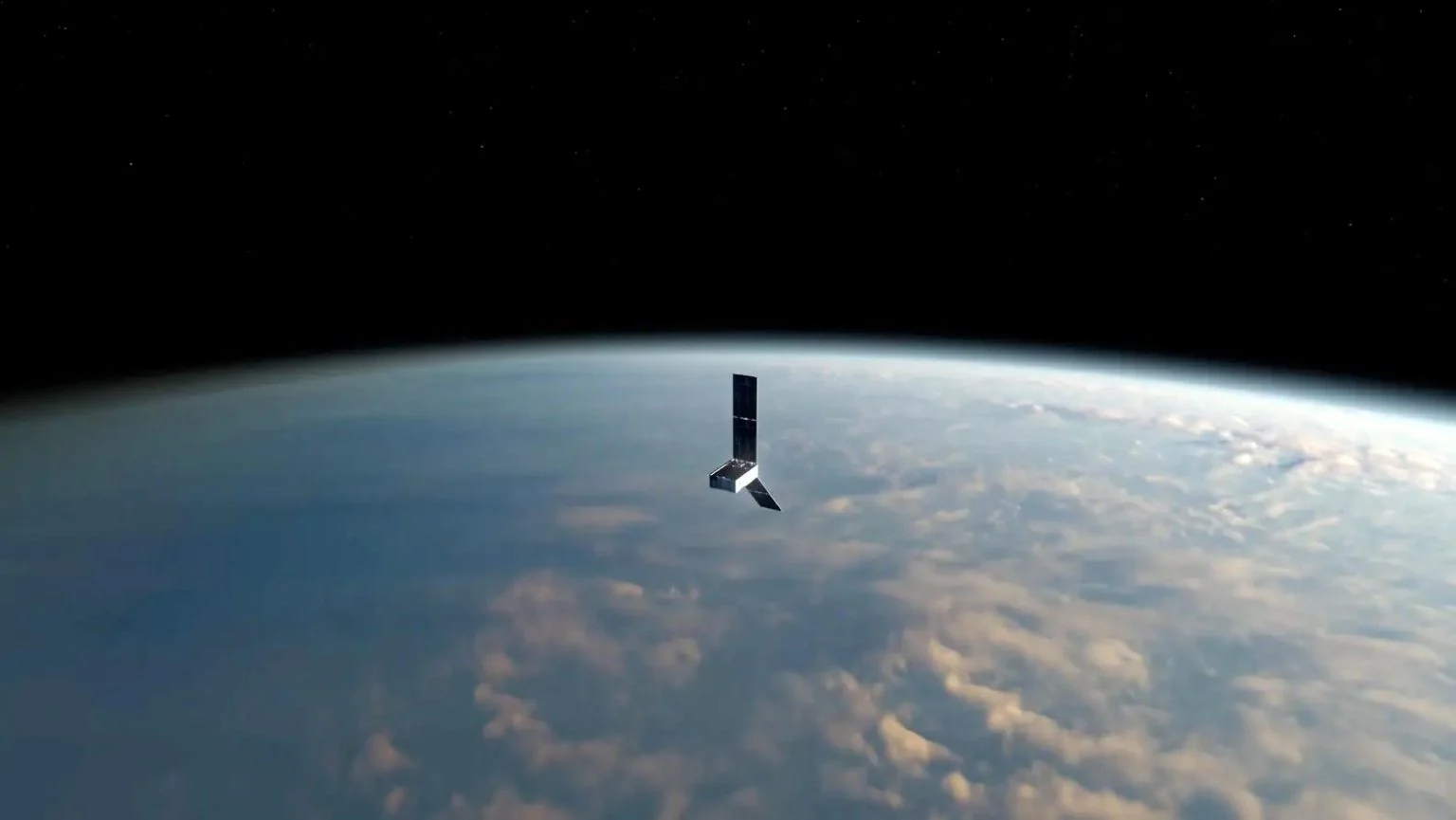Rocket Lab launches second Polar Heat CubeSat
- June 5, 2024
- 0
Rocket Lab Electron rocket was launched from New Zealand with NASA’s second PREFIRE satellite. This mission aims to understand the loss of Earth’s heat from the polar regions
Rocket Lab Electron rocket was launched from New Zealand with NASA’s second PREFIRE satellite. This mission aims to understand the loss of Earth’s heat from the polar regions

Rocket Lab Electron rocket was launched from New Zealand with NASA’s second PREFIRE satellite. This mission aims to understand the loss of Earth’s heat from the polar regions to space. Each of the CubeSats is equipped with thermal infrared spectrometers to analyze light to help model climate and ice.
Rocket Lab’s Electron rocket launches from Launch Complex 1 in Mahia, New Zealand, on the second of NASA’s PREFIRE (Polar Radiant) launches on Wednesday, June 5 at 3:15 p.m. (11:15 p.m. ET on Tuesday, June 4). took off. Energy in the Far Infrared Experiment). The first PREFIRE CubeSat was launched on May 25.
The PREFIRE mission will help close the gap in our understanding of how much of Earth’s heat is lost to space from the Arctic and Antarctic. Each PREFIRE satellite is equipped with an instrument called a thermal infrared spectrometer. The device contains specially shaped mirrors and detectors to split and measure infrared light. Analysis of PREFIRE measurements will inform climate and ice models by providing better predictions of how global warming will affect sea ice loss, ice sheet melting and sea level rise.
This artist’s concept shows one of two PREFIRE CubeSats in Earth orbit. NASA’s mission will measure the amount of far-infrared radiation that the planet’s polar regions emit into space; this is information that is key to understanding the Earth’s energy balance. Credit: NASA/JPL-Caltech
The mission consists of two 6U CubeSats with a 10-month base mission duration and was jointly developed by NASA and the University of Wisconsin-Madison. The agency’s Jet Propulsion Laboratory in Southern California manages the mission for NASA’s Science Mission Directorate and provides the necessary instruments. Blue Canyon Technologies built the CubeSats and the University of Wisconsin-Madison will process the data collected by the devices. The research team includes members from JPL and the universities of Wisconsin, Michigan and Colorado.
NASA’s Launch Services Program, based at Kennedy Space Center in Florida, has selected Rocket Lab to provide launch services under the agency’s VADR (Venture Acquisition Dedicated and Shared Drive) services contract.
Source: Port Altele
As an experienced journalist and author, Mary has been reporting on the latest news and trends for over 5 years. With a passion for uncovering the stories behind the headlines, Mary has earned a reputation as a trusted voice in the world of journalism. Her writing style is insightful, engaging and thought-provoking, as she takes a deep dive into the most pressing issues of our time.